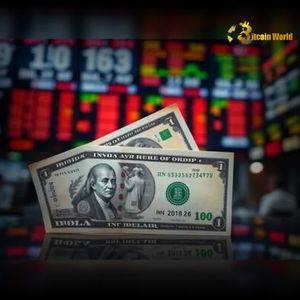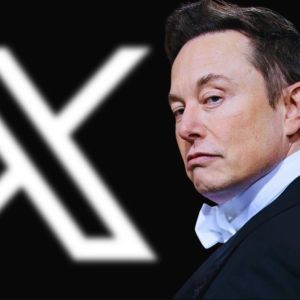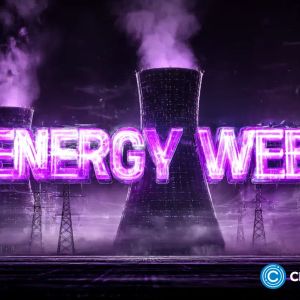Nvidia is expected to report earnings on Wednesday, but investors seem focused on the impact of export restrictions on China. The company continues to see massive growth from sales of graphic processors, with demand for artificial intelligence infrastructure showing no signs of cooling. The mood seems different heading into Nvidia’s Wednesday earnings report than it’s been in recent quarters due to China. The Trump administration sent the tech company a letter on April 9 requiring an export license for Nvidia’s H20 chip, a version of its Hopper processor specially designed for the Chinese market to comply with previous U.S. restrictions. Nvidia wants to take a $5.5B write down on H20 units imports to China BREAKING: $NVDA NVIDIA SAYS THE US GOVERNMENT HAS BANNED THEM FROM SELLING THEIR H20 CHIPS TO CHINA FOR NATIONAL SECURITY REASONS AS A RESULT, THEY EXPECT TO TAKE A $5.5B CHARGE TO FISCAL Q1 EARNINGS $NVDA -3.5% pic.twitter.com/iZo4cvccXJ — amit (@amitisinvesting) April 15, 2025 In a filing, Nvidia responded to the new restrictions, saying it’s prepared to take a $5.5 billion write-down on inventory tied to exporting H20 graphics processing units to China and other destinations. Analysts at BNP Paribas argued that it was the biggest write-down in the history of the chip industry. The analysts believe that the potential impact of Nvidia’s write-down on future revenue will be hefty. David O’Connor, an analyst at BNB Paribas, acknowledged that the inventory write-off implies a $15 billion H20 revenue hit on a rolling 12-month basis. The H20 AI chips generated an estimated $12 billion to $15 billion in revenue in 2024. During President Joe Biden’s administration, the U.S. government issued concerns that AI chips from Nvidia and other semiconductor companies like Advanced Micro Devices could be used to create supercomputers for adversaries’ military purposes. Nvidia CEO Jensen Huang said on the firm’s last quarterly earnings call in February that revenue from China had plummeted to half of pre-export control levels. He also warned that competition in China is growing, and for the second straight year, Nvidia listed Huawei as a competitor in its annual filing. According to LSEG, analysts expect Nvidia to post 66% revenue growth to $43.28 billion for the quarter ended in April. That level marks a sharp deceleration from a year ago when the company recorded more than 250% growth. The U.S.’s new export license requirements have triggered a lot of uncertainty surrounding projections for the rest of the year. The average analyst estimate predicts a 53% growth report in the current quarter, with a similar number expected for the full fiscal year ending in January. “While our thinking at the time was that this was at least partly expected by the management team, it became clear after the ban that the company had been getting indications that H20 would be OK and that they were materially surprised.” -Morgan Stanley analysts. The bank’s analysts on Tuesday acknowledged that potential issues that might hinder investors, like the impact of the U.S.’s ban on the sale of H20 chips to China, are well-telegraphed, and the path to a re-acceleration was clear. The analysts said they are not explicitly purchasing the stock for the quarter but are buying it for what they believe is coming. Nvidia introduces plan to export chips to the Middle East Huang mentioned earlier this month in Taiwan that Nvidia used to have a 95% market share of graphics processing units in China, but it’s been reduced to 50% under chip restrictions. The tech company said in a filing with the SEC in February it recorded $17.1 billion in annual sales to customers that had an address in China, including Hong Kong, the company’s fourth-largest market. In recent weeks, Nvidia’s CEO has argued that restricting the export of Nvidia’s chips to China will only motivate engineers there to invent their processors, bolstering the country’s AI semiconductor industry. Wedbush Securities analysts said Tuesday the impact of tighter export restrictions on China is softened by demand growth in the Middle East. Nvidia revealed a deal to supply chips to a Saudi Arabian startup earlier this month and reportedly is also involved in a deal allowing the UAE to import advanced American-made chips. Wedbush’s analysts said AI spending from Saudi Arabia and UAE could help fill the void left by China’s uncertainty in Nvidia’s future business. KEY Difference Wire : the secret tool crypto projects use to get guaranteed media coverage



















